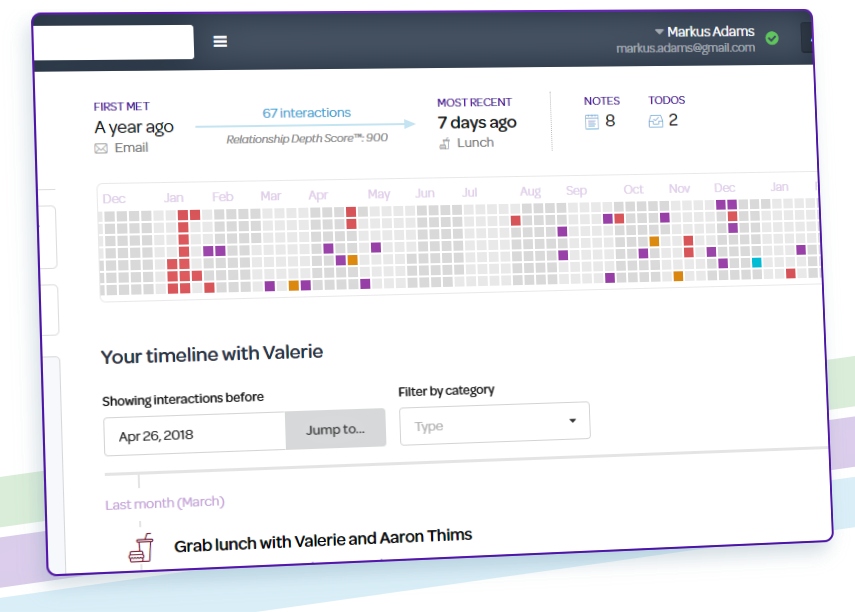
Single family home sales skyrocket
According to the U.S. Census Bureau and the U.S. Department of Housing and Urban Development (HUD), sales of single family homes jumped 19.8 percent from May 2011 to May 2012, and prices are on the rise as well, signaling the beginning of a slow recovery for one of the hardest hit sectors in the economy.
Between April and May, new home sales jumped 7.6 percent to a seasonally adjusted 369,000-unit annual rate, hitting a two year high, beating forecasts for the month. The last time sales were this high was when the homebuyer tax credit was fueling sales in spring of 2010.
Some are reserving their enthusiasm for a recovery, however, as sales are barely at 25 percent of their summer 2005 peak, and tight lending combined with extremely competitive pricing of distressed homes continue to hold back the new home sector.
Permits, starts, and builder confidence
According to the U.S. Census Bureau data released last week, home builders applied for permits in May to build new homes at a seasonally adjusted annual rate of 780,000, jumping 7.9 percent above April 2012, and 25 percent above May 2011, hitting their highest rate since September 2008. The increase in permits echoes the increase in builder confidence during the month of May which was at its highest level in five years.
There is a growing disparity, however, between the improving single family sector and the increasingly volatile multifamily sector as actual housing starts for single family rose 3.2 percent for the month while multifamily took a 24.2 percent dive. Overall, housing starts increased 2.85 percent over the year when looking at both sectors together.
Regional performance varied
According to the report, new home sales were boosted primarily by a spike in the Northeast which saw a 36.7 percent increase in sales in May, their highest level in nearly three years, as the South jumped 12.7 percent, reaching a two year high.
Slumping sales of 10.6 percent for the month in the Midwest did not drag down the national numbers, nor did the slight 3.5 percent drop in sales in the West.
The new home sector is expected to continue recovering, but it is certain that after a punishing recession, there is a long way to go in order to reach what used to be “normal.”
Tara Steele is the News Director at The American Genius, covering entrepreneur, real estate, technology news and everything in between. If you'd like to reach Tara with a question, comment, press release or hot news tip, simply click the link below.








































Mike Schmidt
June 25, 2012 at 7:40 pm
Uh oh. Somebody’s going to call the manse and tell Mitt that the economy’s not all bad.
AgentGenius
June 25, 2012 at 11:04 pm
okay, kitten, it’s still DRASTICALLY below where it was pre-crash, calm down 😉 (ps: this is obviously Lani)
LennarCharNC
June 26, 2012 at 1:19 pm
@CENTURY21 @AGBeat Great news about rising new home sales!
MaryPopeHandy
June 26, 2012 at 1:26 pm
@CENTURY21 @AGBeat Wow, that is an enormous increase! Thx for sharing!
Agent_Directory
June 26, 2012 at 3:08 pm
Good news #realestate! RT @CENTURY21 @AGBeat New home sales jump 20% for the year, hitting two year high, reports: https://t.co/ORFMKtSj
Pakistan Real Estate
June 29, 2012 at 3:43 am
After facing downfall, the real estate sales are at upward trend in many regions of the world. In Pakistan, the property prices are at an increasing trend. But, the prices are lower then, the past, which means this is the right time to invest, if someone wants to earn huge profits in near future because soon the property prices will be on top.
premlets
June 29, 2012 at 9:37 am
This is a very interesting read! I myself am from the UK and we are seeing quite a big drop in house prices rather than a rise! Now I am not clued up on current affairs but the way that our economy is going I cant say I am surprised we are seeing a drop.
As jobs are scarce and money is very tight people are selling up and wanting quick sells rather than waiting around and getting the right price, can’t say I blame them really! Sorry I am rambling………………Being a letting agent myself it is very interesting to read about the worlds current affairs.
Not sure if you guys were affected as much as we were with the recession but it hit us very hard – what are peoples opinions on this? anyone from different coutries finding that their government is reacting in different ways or their economy reacting in different ways?
Thanks for reading this guys
Liam
Personal Advisor
https://www.prem-lets.co.uk/
Neilpbohbm2cxq
July 6, 2012 at 2:16 pm
@homesandlandman https://t.co/cqNgLJxa